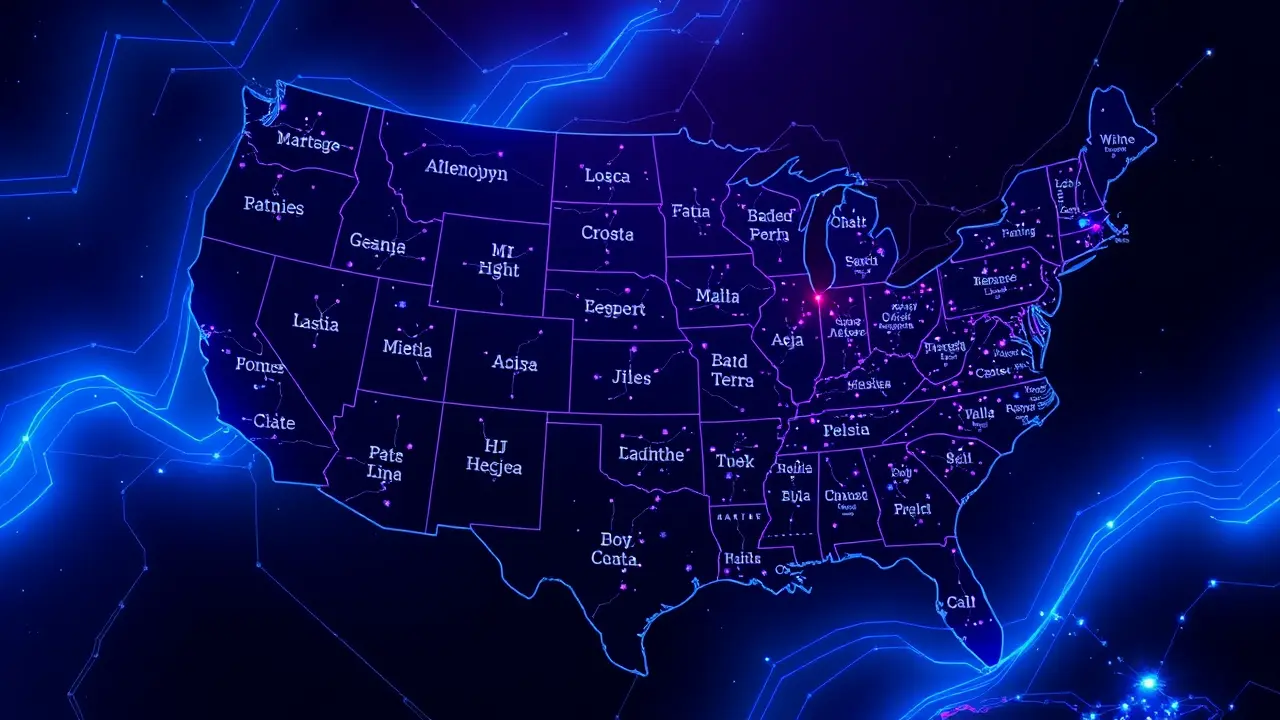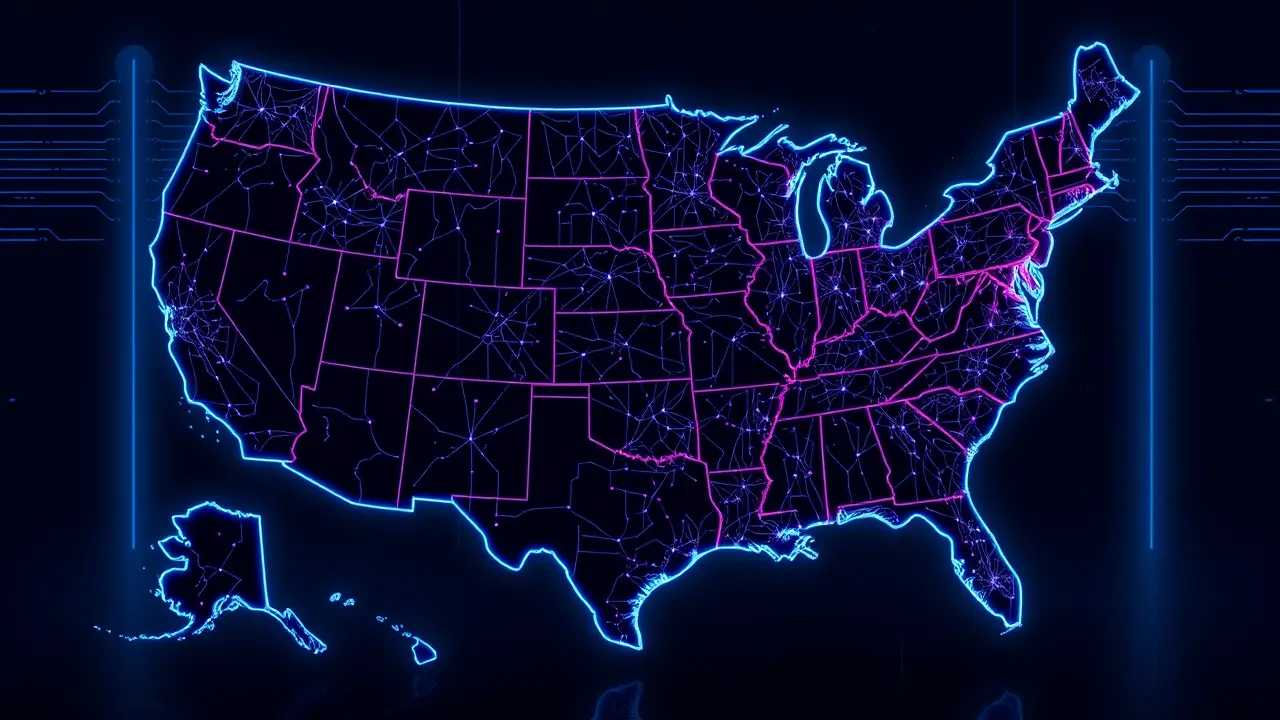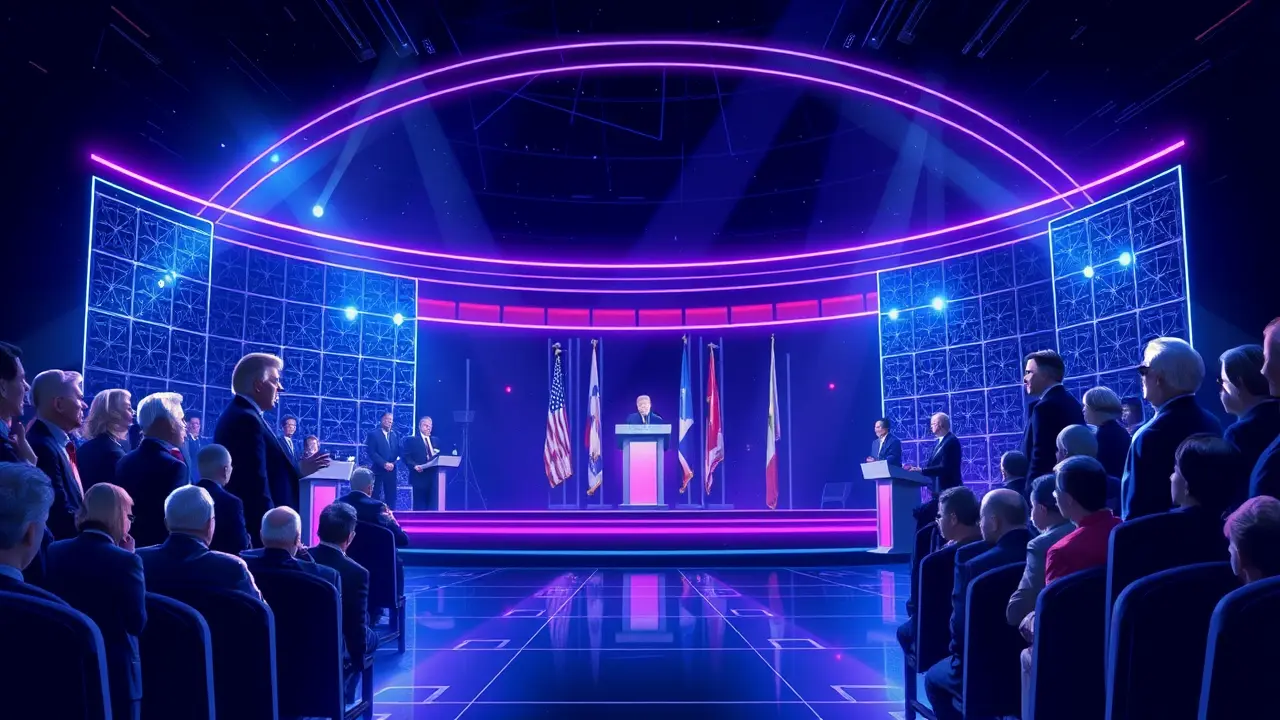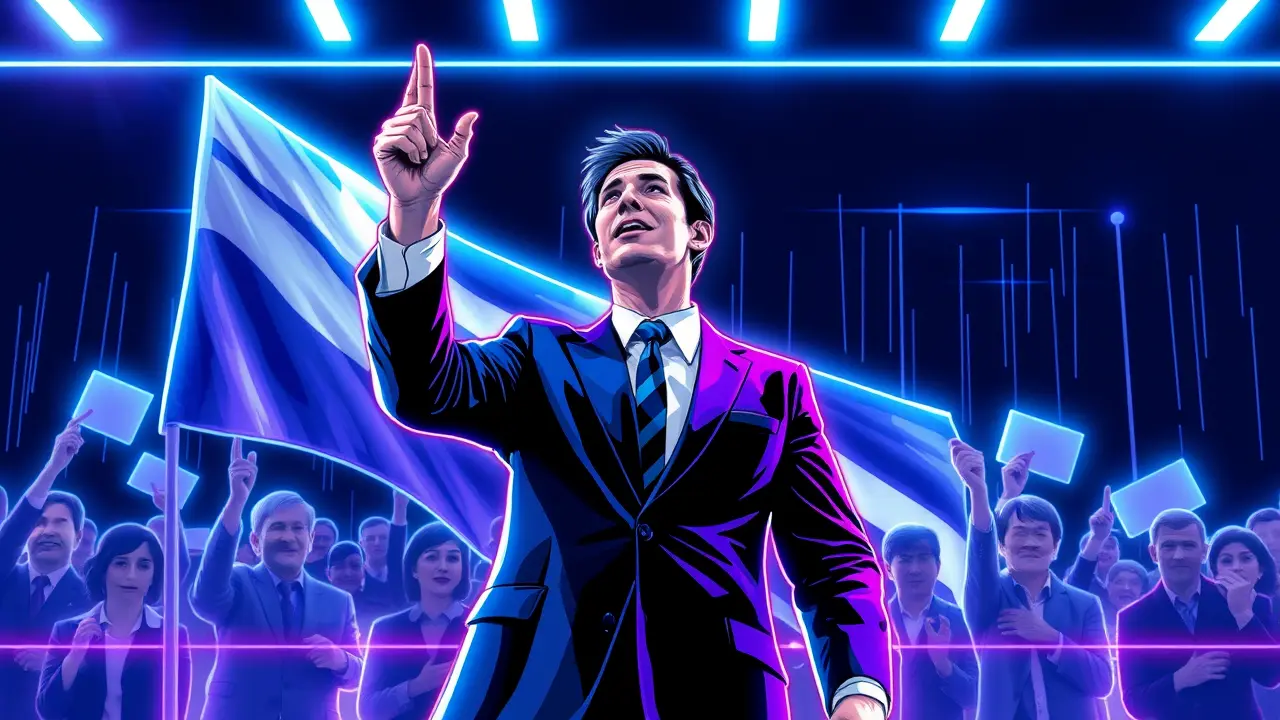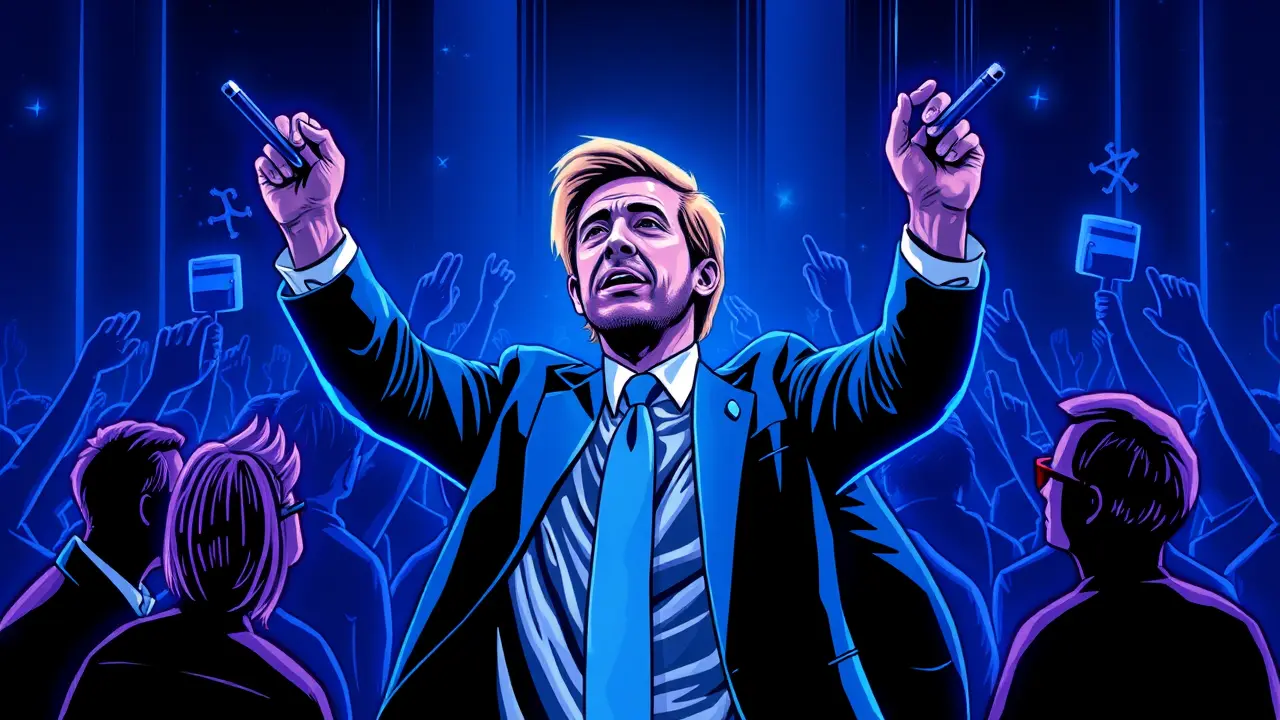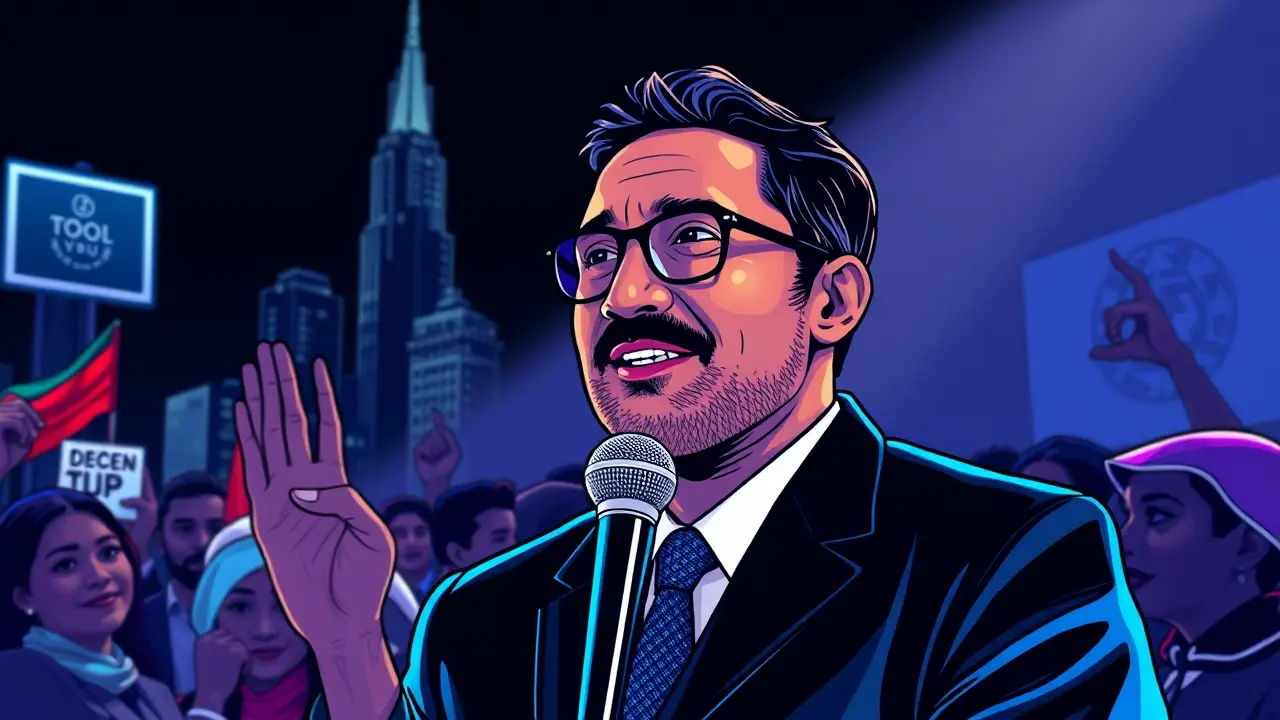
PoliticselectionsPresidential Elections
Zohran Mamdani's NYC Mayoral Win Resonates Nationally.
AN
Anna Wright
5 hours ago7 min read3 comments
Zohran Mamdani’s victory in the New York City mayoral race is not merely a local political shift; it is a resonant national statement about the evolving soul of the Democratic electorate. On Tuesday, Mamdani, a democratic socialist and state assemblyman, decisively defeated both the disgraced former Governor Andrew Cuomo and Guardian Angels founder Curtis Sliwa, shattering two profound glass ceilings simultaneously to become the first Muslim and first South Asian mayor in the city’s storied history.His win, analyzed through the lens of a feminist political framework, represents a triumph of authentic, identity-conscious progressivism over the cynical machinations of a political old guard. To understand the full weight of this moment, one must look to the coalition he built—a tapestry woven from the threads of youthful idealism, the raw energy of grassroots organizing, and the potent force of voters who feel seen and represented for the first time.My colleague Astead Herndon, who provided ground-level reporting from the election night watch party, aptly frames this as an expansion of the Bernie Sanders playbook, but it is more nuanced than that. Mamdani has demonstrated how to construct a left-liberal coalition that doesn’t just preach to the converted but actively expands the electorate, bringing in younger voters and those disillusioned by a Democratic governance they perceive as having failed to deliver tangible results on issues like housing and public transit.His core promises—free buses, universal childcare, and a rent freeze—are not abstract ideals; they are a direct, policy-based response to the lived crises of urban life, a proof point that progressive politics can indeed produce a working city. This is a powerful rebuttal to the national Democratic brand problem, where voter apathy in blue metropolitan centers like New York and Chicago can have catastrophic downstream effects, as seen in the popular vote tally in the last presidential election.Mamdani’s personal narrative is equally critical to his ascent. He is not a product of traditional political pipelines but a figure who grew his name recognition organically through digital media and a relentless field operation.He is a product of the democratic socialist movement, trained in a housing-first, class-based language, but his moral compass has long been guided by a commitment to international justice, particularly advocacy for Palestinians—a stance he has held since high school. In an era where the ability to speak critically on Israel has become a moral litmus test for a growing segment of the party, his unwavering voice provided a beacon of trust.As one supporter at his rally articulated, ‘He was willing to speak out, so I was willing to trust him. ’ This highlights a profound shift: voters, especially younger ones, are prioritizing authentic conviction over nearly anything else.The campaign was not without its ugliness. Andrew Cuomo, in a desperate gambit, unleashed a wave of Islamophobic rhetoric that sought to weaponize Mamdani’s religious and ethnic identity.This strategy, however, spectacularly backfired. It was an insult to the city’s pluralistic character and served only to galvanize Mamdani’s base, contributing to a significant youth surge in early and election-day voting.Cuomo’s failure to maintain his assumed support among Black voters, particularly in places like the Bronx where Mamdani made substantial gains, signals the collapse of old, taken-for-granted coalitions. Voters are dynamic actors, and in this new political era shaped by the specter of Donald Trump, they are rejecting fear-based campaigns in favor of messengers whose identities and beliefs are inextricably linked.The national media, often tuning in only for the general election spectacle, missed the crucial primary phase where Mamdani consolidated support by speaking out at a time when established Democratic leaders remained silent. Now, as he transitions from campaigning to governing, the immense expectations rest on delivering his agenda.This will require not just political skill in navigating Albany but sustained public pressure from the very coalition that elected him. The external threat of a hostile federal government under Donald Trump looms large, capable of wreaking havoc on the city’s finances and autonomy, presenting perhaps the most significant barrier to his success.Personally, Mamdani defies the caricature of the ideologue. He is, in the best sense of the word, a politician—someone who has thoughtfully workshopped his beliefs within the political structure, learned from losses, and arrived at this moment with a serious, intentional desire to be mayor, not merely use the office as a stepping stone.His victory is a clarion call to the national party: the emerging electorates of Muslim, South Asian, and first-generation Americans are a growing force that can no longer be viewed through a simplistic Black-and-white racial framework. Their political awakening, catalyzed by a candidate who reflected their struggles and spoke their truths, is set to fundamentally reshape the Democratic landscape, making this New York City mayoral race a pivotal chapter in the nation’s ongoing political evolution.
#featured
#Zohran Mamdani
#New York City mayoral race
#progressive politics
#Democratic coalition
#Muslim representation
#South Asian leader
#election analysis
Stay Informed. Act Smarter.
Get weekly highlights, major headlines, and expert insights — then put your knowledge to work in our live prediction markets.
Related News
© 2025 Outpoll Service LTD. All rights reserved.


